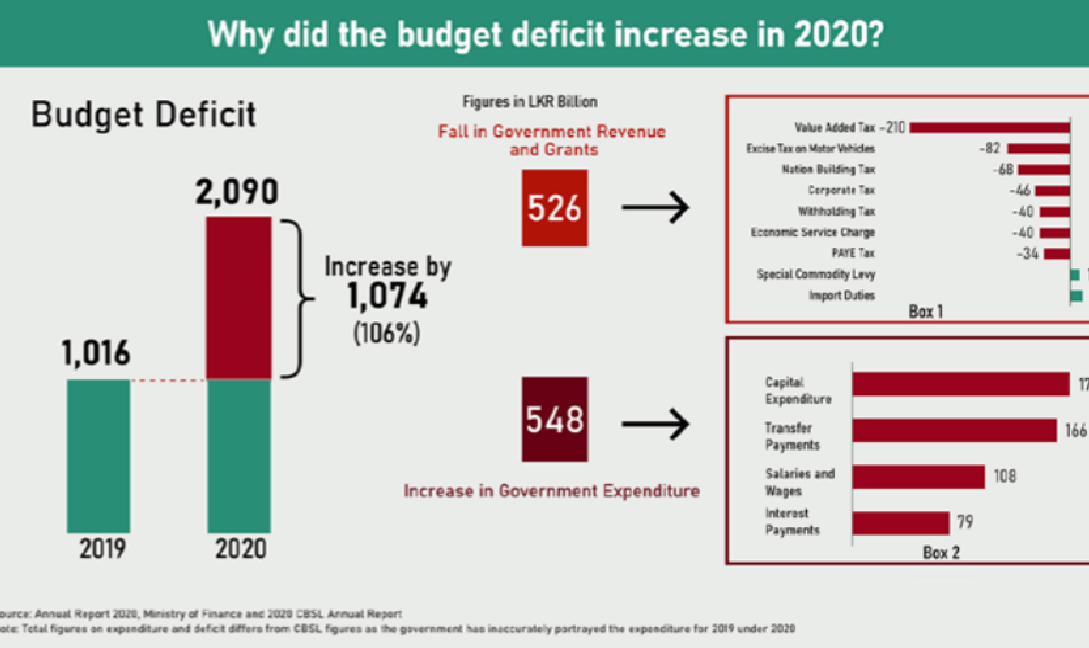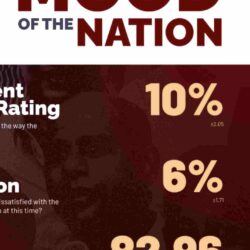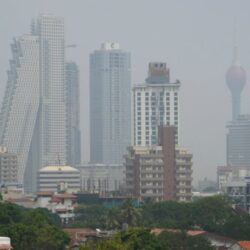Published on The Morning
Sri Lanka’s budget deficit has doubled between the period of 2019 and 2020. The budget deficit increased from Rs. 1,016 billion in 2019 to Rs. 2,090 billion in 2020, an increase of Rs. 1,074 billion. This increase in the budget deficit can be attributed to a decline in revenue by Rs. 526 billion and an increase in expenditure by Rs. 548 billion in 2020.
Declines in government revenue
Box 1 highlights the decline in government revenue that is mainly due to a reduction in the revenue collected from several taxes, such as value added tax (Rs. 210 billion), excise duty on motor vehicles (Rs. 82 billion), nation building tax (Rs. 68 billion), corporate tax (Rs. 46 billion), withholding tax (Rs. 40 billion), economic service charge (Rs. 40 billion), and PAYE tax (Rs. 34 billion). However, there has also been a moderate increase in tax revenue collected from special commodity levies (Rs. 12 billion) and import duties (Rs. 16 billion).
It is important to note that there were several key tax policy changes made in late 2019 that contributed to the decline in revenue. Some of these were; (1) The abolition of the nation building tax, economic service charge, and PAYE tax (2) the exemption of withholding tax for residents (3) the changes in various tax rates such as the standard corporate income tax rate being reduced from 28% to 24%, VAT (other than financial services) being reduced from 15% to 8%, tax rates for sectors such as construction and manufacturing being reduced and exemptions being granted for other sectors such as IT and agriculture, and the threshold being increased for the registration for VAT from Rs. 3 million per quarter (Rs. 12 million per annum) to Rs. 75 million per quarter (Rs. 300 million per annum), and finally (4) the government ban on the importation of most motor vehicles from April 2020, which could have led to a significant reduction in the excise duty revenue from motor vehicles.
Increases in government expenditure
Box 2 highlights the increase in government expenditure that is mainly due to an increase in capital expenditure (Rs. 176 billion), transfer payments (Rs. 166 billion), salaries and wages (Rs. 108 billion), and interest payments (Rs. 79 billion).
It is important to note that the Government allocated Rs. 35 billion for the provision of Covid-19 relief assistance through the State Ministry of Samurdhi in the 2021 Budget, which was presented in November 2020. In addition, the Government also recruited 160,000 unskilled and unemployed graduates, which cost an additional Rs. 65 billion per annum.
Sources: Central Bank of Sri Lanka, Annual Report (2020)
Ministry of Finance, Sri Lanka, Annual Report (2020)
(PublicFinance.lk is a platform for public finance related information in Sri Lanka. This platform intends to bridge the gap in information and understanding of public finance by providing insights and analysis on Sri Lanka’s public finance. PublicFinance.lk is run by Verité Research, an independent think tank that provides strategic analysis for Asia in the areas of economics, politics, law, and media)
Last modified: November 1, 2023












